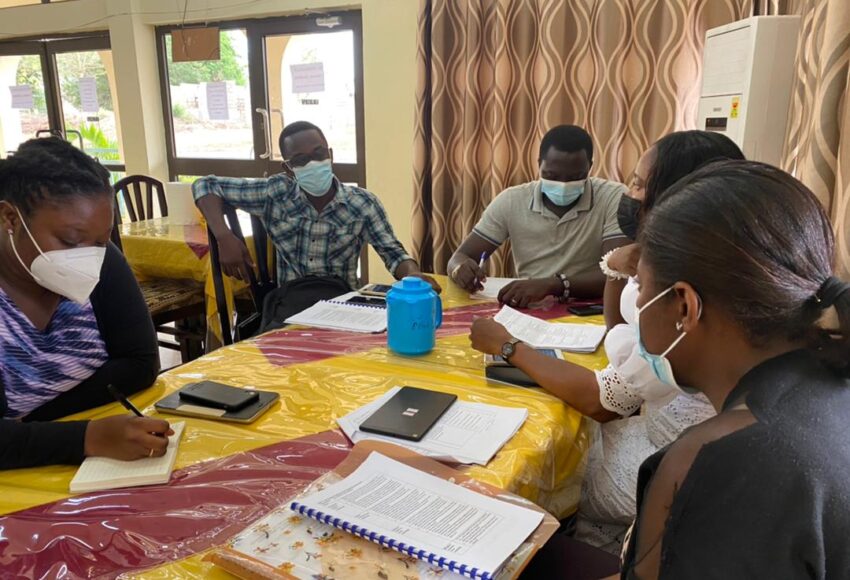
- May 1, 2022
- 0 Comments
- 4016 Views
- 0 Likes
- Our Experience
POLICY BRIEFS AND ARTICLES
An Education Policy Brief on the Quality and Inclusivity of Basic Education across Ghana's Three Northern Regions: A Look at Change, Learning Effectiveness and Efficiency. (TENI/VSO) Project (2012 -2013)
The Quality and Inclusivity of Basic Education across Northern Ghana Education Research was undertaken in 54 basic schools across the three northern regions over a three month period. The research used mixed method approaches with evidence gathered from in-depth classroom observation, interviews with pupils, teachers, and other community members. The study focused on teacher preparedness, classroom methods, language of instruction, and learning context in 54 schools and 86 classrooms across the three northern regions. The study also explored the child readiness and community demand factors which shape and influence the quality of education in Ghana and the key drivers of change that promote or inhibit the achievement of inclusive education, with emphasis on the education needs of girls and children with disability. Classroom observations were conducted in over 86 schools in which a well-tested instrument was used by researchers and developed to assess the levels of competency of the teacher across a range of criteria. The study found that despite significant resources being placed into the public education system by central government and donor agencies in order to improve direct teaching and learning processes, instructional practice, and increase access to relevant materials and teaching learning aids, these were not always adopted or sustained in schools which were poorly managed by head teachers. The research recommends that teacher selection and deployment need to take into account issues related to: teacher affiliation to the communities they serve, and that professional development (pre and in-service training) has a significant influence on their commitment levels. The study found that professional status of teachers, the influence of school leadership and the culture of teaching has a significant effect on teacher behavior.
An Education Policy Brief on "Staying Power" in Rural Basic Schools in Ghana: A Look at Teacher Training Modalities and Teacher Retention:
This policy brief is based on the impact assessment of Ghana’s Untrained Teacher Diploma programme and uses primary data from a longitudinal evaluative study spanning 2-years and covering 400 teacher trainees across nine districts in 5-regions of Ghana. The impact evaluation explored the impact of the distance teacher training modality under the Untrained Teacher Diploma in Basic Education (UTDBE) programme. The study explores teacher retention and motivational factors for teaching in rural primary schools. Results of the study show that distance education training modalities positively contribute to teacher retention in these areas. The findings also suggest that most of the teacher trainees have a high level of social affiliation and commitment towards their communities, aspire to continue teaching and are far more likely to remain teaching in their communities after completing their diploma in Basic Education. The trained teachers who attended conventional training at the College level and are not from the community show less commitment in staying to teach in deprived areas. The study findings highlight the need for policy makers to consider reforming their teacher recruitment and selection processes along with deployment strategies for teachers in order to retain trained teachers in deprived areas of Ghana.
